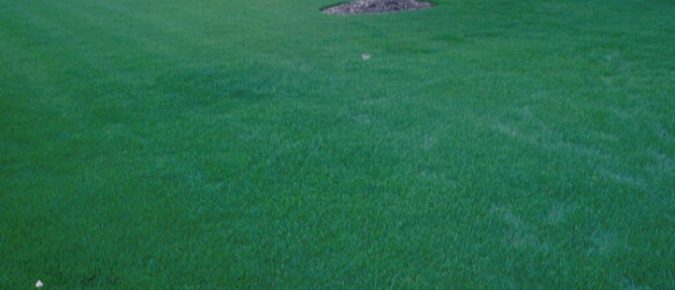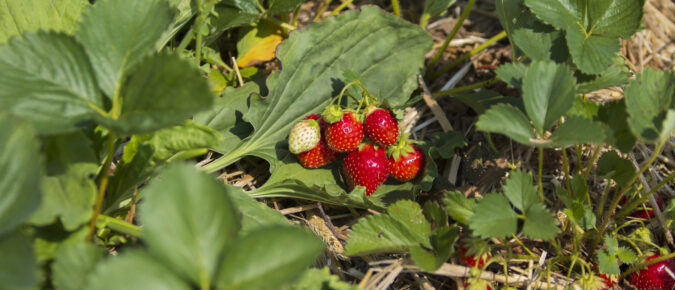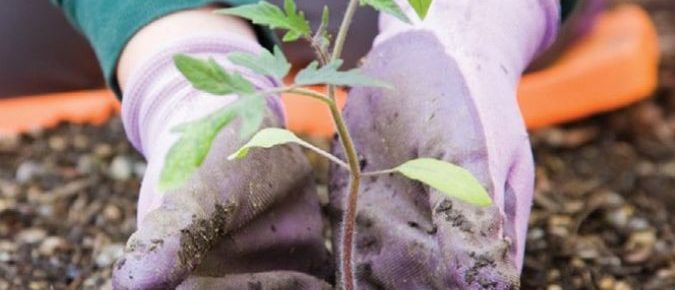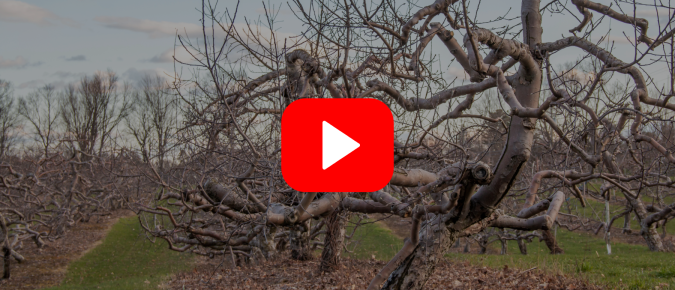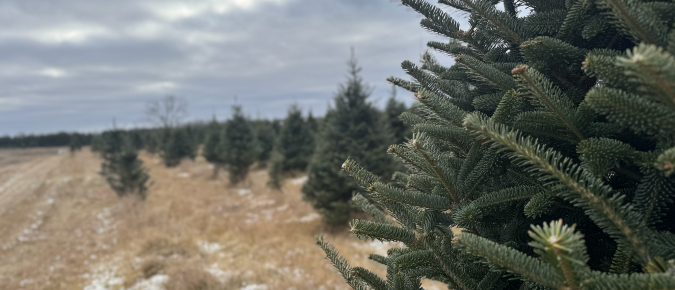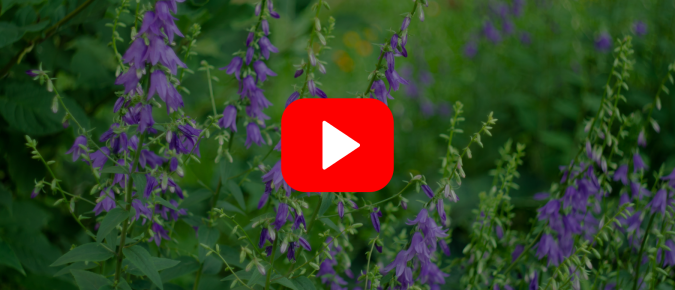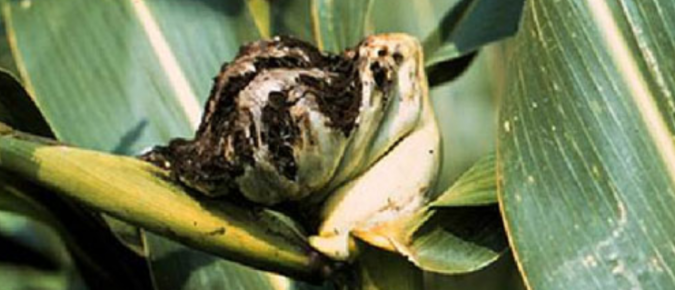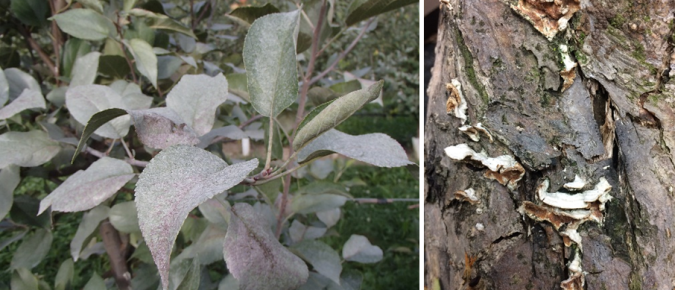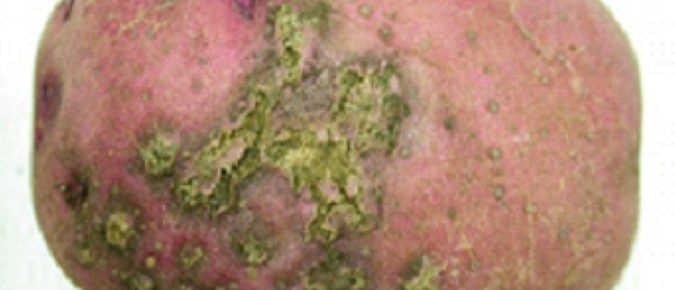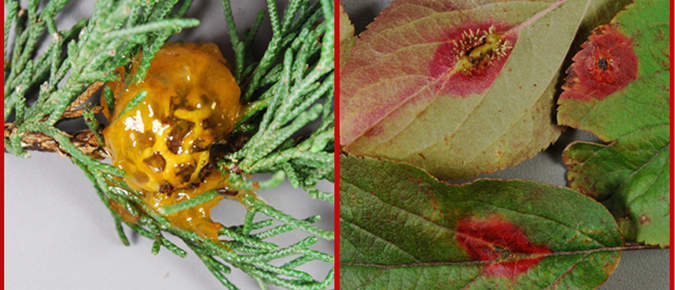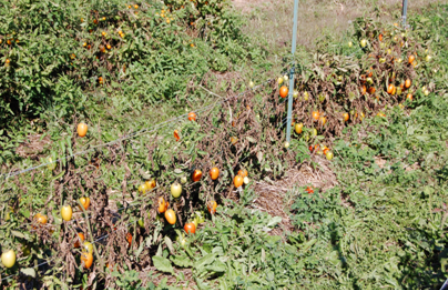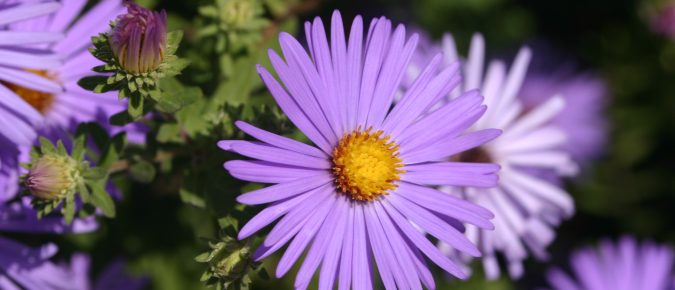Properly timed cultural practices are key to healthy problem free lawns. Learn more about cool-season lawn care practices, including seeding, fertilizing, weed control, repair, and renovation and their optimum timing in Wisconsin.
Regularly checking the nutrient levels in fruit crops and the soil they grow in is key to creating long-term, sustainable growing practices. This article explains how to collect soil and plant tissue samples for analysis.
Lead in garden soil can pose health risks to gardeners and to those who eat the garden’s produce. Here’s how to reduce contamination and submit samples for analysis.
Rejuvenating old apple trees can help bring them back to health and improve their fruit production. From there, ongoing maintenance is essential to support long-term productivity.
Christmas trees offer consumers a chance to bring nature indoors for a few weeks each December. Whether you choose a pre-cut tree available at a local tree lot or garden center or cut your own tree from a farm, you will have several tree species to choose from.
Learn about the biology and management of three common creeping perennials that can invade lawns and gardens in Wisconsin: Canada thistle, Bishop’s goutweed and creeping bellflower.
This article provides a list of 10 relatively easy-to-identify plant diseases commonly found in Wisconsin vegetable gardens.
Silver leaf is a fungal disease that affects a wide range of deciduous trees. It has the biggest impact on fruit trees such as apple, pear and cherry, but can also affect ornamental trees.
Powdery scab is a potentially serious disease of potatoes that occurs worldwide in regions where potatoes are grown, including Wisconsin. Powdery scab primarily causes cosmetic, unsightly skin blemishes of potato tubers.
Red star rust (also known as Japanese apple rust or lipstick rust) is a type of Gymnosporangium rust. This plant disease is particularly concerning because of its potential negative impact in commercial apple production.
El tizón tardío es una enfermedad destructiva de los tomates y de las papas que puede matar a las plantas maduras y causar que los frutos del tomate y los tubérculos de la papa no sean comestibles.
Asters are herbaceous perennial plants bloom late in the year, with daisy-like flowers in shades of lavender, blue, pink, purple and white.


